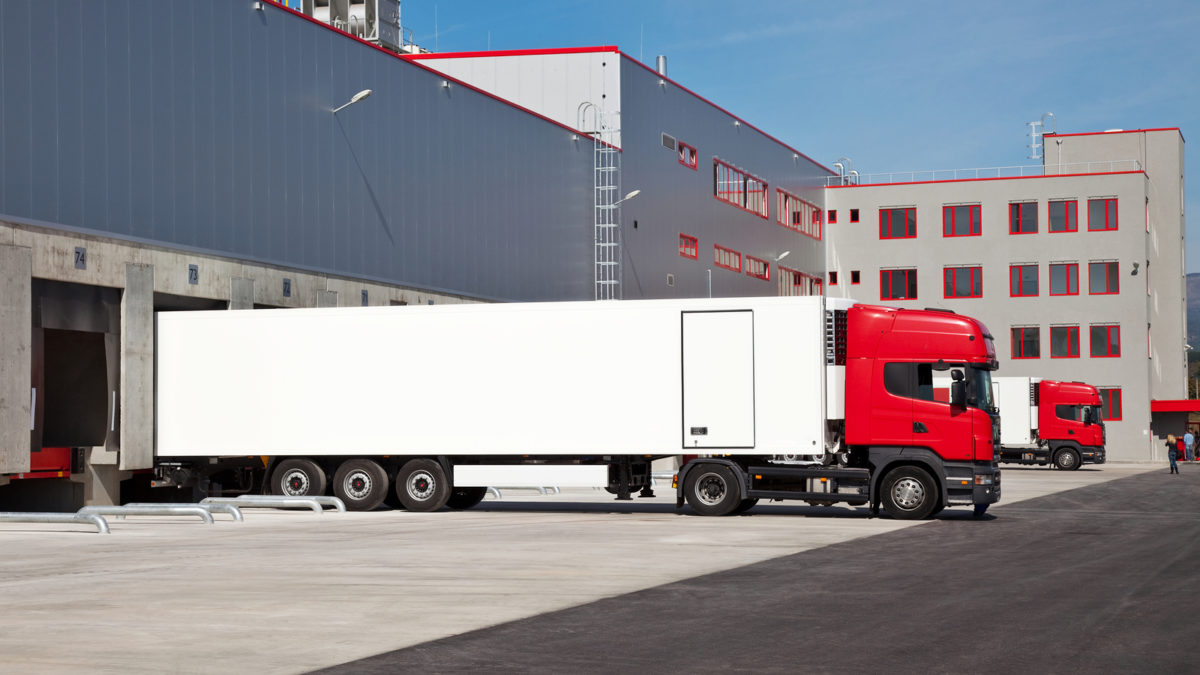In today’s fast-paced world, logistics and supply chain management have become crucial for businesses to maintain a competitive edge.
The old ways of coordinating and managing transportation, inventory, warehousing, and other logistical necessities are becoming obsolete. Enter the modern age, where innovative technologies pave the way for more efficient, effective, and agile shipping solutions.

Indeed, these advancements are akin to a magic wand, transforming how businesses handle their logistical needs, with companies like ‘focus west logistics‘ at the forefront of this change. Intrigued by how technology is reinventing the wheel of logistics?
Read on to discover more.
Technology as the modern-day maverick.
Modern problems require modern solutions, and technology emerges as the game-changer in the field of transportation. Whether tracking a product’s journey from the warehouse to the consumer’s doorstep or coordinating international shipping schedules, technology streamlines the process, making it easier, faster, and more efficient. As they say, “Technology in logistics is like a compass in the wilderness—it guides you through complexities and uncertainties.”
Artificial Intelligence: The brain behind efficient transportations.
Artificial Intelligence (AI) has slowly but surely permeated almost all industries, and logistics is no exception. AI-powered tools can predict demand patterns, optimize routes, and even automate warehouse operations, reducing human error and saving valuable time.
It’s as if AI has given shipping systems the Midas touch, transforming its various facets into more efficient and profitable operations.
Internet of Things (IoT): The eyes and ears of shipping sectors.
Internet of Things (IoT) devices play a crucial role in modern shipping sectors, providing real-time tracking and monitoring of goods. From temperature-controlled transport of perishable items to maintaining the integrity of delicate products, IoT devices ensure every logistical detail is taken care of. In the words of a wise tech philosopher, “IoT in logistics is like a symphony conductor, keeping everything in harmony.”
Blockchain: The shield of security and transparency.
Blockchain technology has revolutionized the shipping industry by providing a secure and transparent transaction platform. This innovative technology can potentially reduce fraud, improve contract execution, and create transparency in the supply chain.
It’s like Blockchain has donned the cape of a superhero, ensuring security and transparency in the logistical world.
Robotic Process Automation (RPA): The muscle of modern logistics.
Robotic Process Automation (RPA) is changing the face of warehouse operations, where accuracy and speed are paramount.
Robots can pick, pack, and sort items quicker and more accurately than their human counterparts, resulting in increased productivity and cost savings. It’s as though RPA has put on running shoes, speeding up logistical processes like never before.
Big Data Analytics: The crystal ball of transportation system.
Big data analytics provides crucial insights into the modern transportation landscape, enabling companies to predict trends, optimize operations, and make strategic decisions. By harnessing data, businesses can forecast demand, identify bottlenecks, enhance customer service, and even foresee logistical challenges before they occur. It’s as if big data has turned into the logistics industry’s crystal ball, enabling foresight and strategic planning like never before.
Conclusion.
Harnessing technology for the shipping industry is not merely about adopting the latest trend; it’s about enhancing efficiency, improving accuracy, and, ultimately, contributing to the bottom line. Companies like ‘focus west logistics’ are already leading the charge, setting a precedent for others to follow.
To borrow the words of Steve Jobs, “Innovation distinguishes between a leader and a follower.” Therefore, it’s time to lead and embrace the technological revolution in transportation sectors, proving that in the modern age, logistics is not just about moving goods—it’s about moving forward with the times.
Leave a Reply